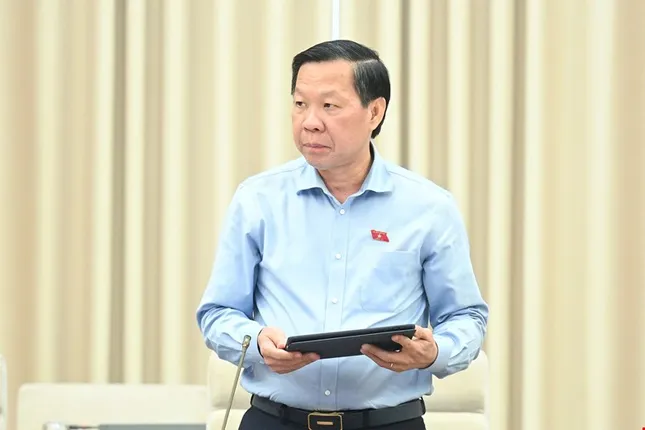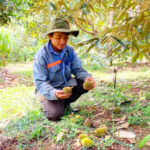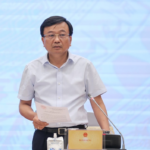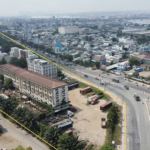Proposal to Eliminate Special Consumption Tax on Air Conditioners
On June 4th, the National Assembly’s Committee for Economic and Financial Affairs discussed amendments to the draft Law on Special Consumption Tax. Chairman Phan Van Mai proposed exempting air conditioners with a capacity of 24,000 BTU and below, as well as those above 90,000 BTU, from taxation.
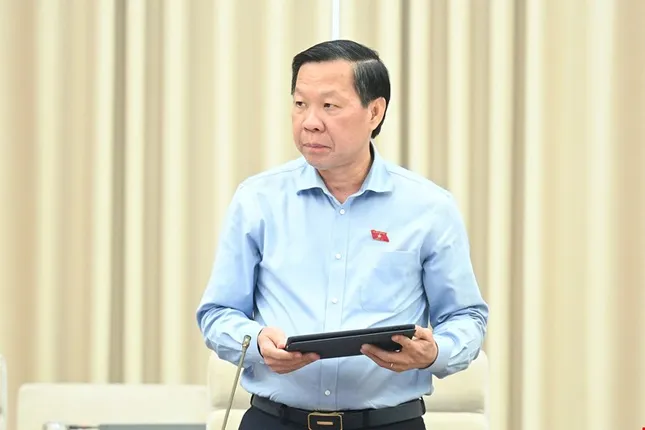
Chairman Phan Van Mai. Source: QH
This proposal considers the essential nature of air conditioners, especially with the current climate change challenges. Without air conditioning, it would be challenging to conduct business operations and everyday tasks.
Vice-Chairman of the National Assembly Vu Hong Thanh supported the idea of eliminating the tax on air conditioners. He emphasized the importance of air conditioning in adapting to climate change and maintaining productivity in various sectors.
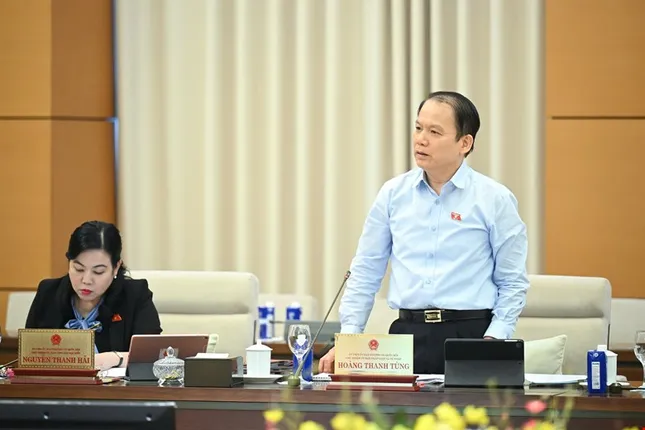
Vice-Chairman Vu Hong Thanh. Source: QH
Chairman of the Committee for Legal and Judicial Affairs, Hoang Thanh Tung, agreed that air conditioners are essential for both households and businesses. He suggested exploring an environmental tax on technologies and equipment that contribute to pollution, rather than a special consumption tax on air conditioners.
Essential Commodity, to be Used Sparingly
Deputy Finance Minister Cao Anh Tuan acknowledged that air conditioners with a capacity below 90,000 BTU are widely used and contribute significantly to energy consumption. He also noted that many countries regulate the installation of air conditioners due to their environmental impact.
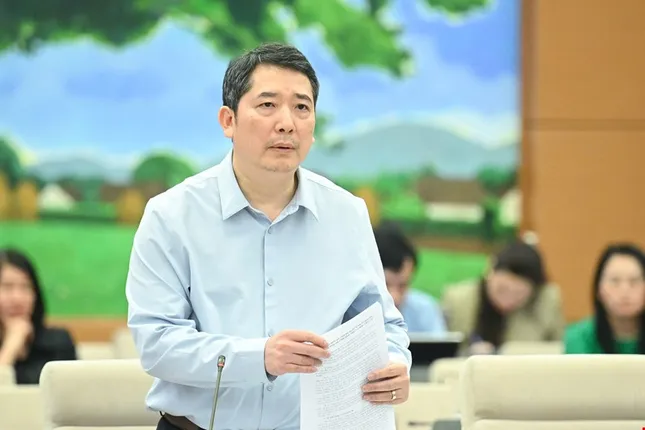
Deputy Minister Cao Anh Tuan. Source: QH
Regarding tax revenue, Mr. Tuan shared that the current proposal would result in a total tax collection of VND 2,800 billion. Exempting air conditioners with a capacity between 18,000 and 24,000 BTU would further reduce tax revenue by VND 840 billion annually. However, he noted that these figures could change as consumers might opt for lower-capacity air conditioners to avoid taxes.
Chairman Phan Van Mai emphasized that while air conditioners and gasoline are essential commodities, their usage should be encouraged sparingly. Even the most advanced air conditioners contribute to emissions, and a shift to environmental taxes could be a more transparent and convincing approach.
The Prime Minister Urges Swift Action to Bring Power Plants Online.
“The Prime Minister has directed investors to expedite the commissioning of thermal power plants such as Nhon Trach 3 and Nhon Trach 4. This directive underscores the urgency in addressing the nation’s power needs and highlights the critical role that these power plants will play in ensuring a stable and reliable energy supply for the country’s growing demands.”
The King of Fruits Faces an Uncertain Future: Unripe Durian Trees in Gia Lai Province Suffer a Devastating Blow.
In the face of extreme weather conditions, farmers in Gia Lai province witnessed a devastating sight as their young durians, no bigger than a fist, started falling off the trees en masse. This unexpected turn of events has left farmers in this mountainous region grappling with the stark reality of potential crop failure and significant financial losses.


























